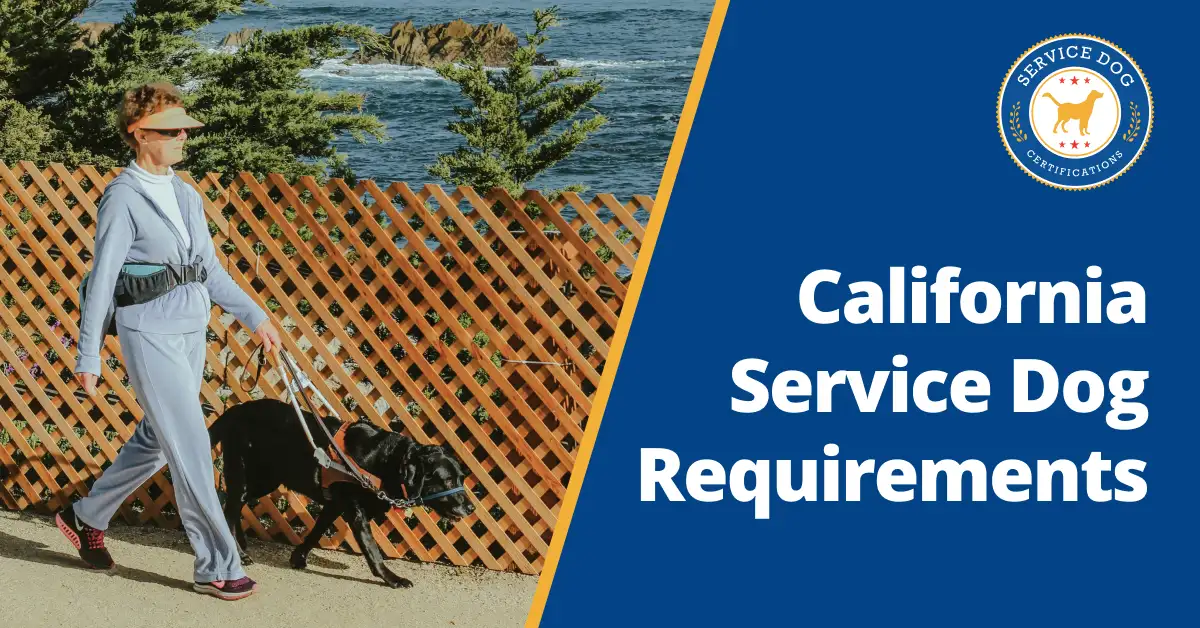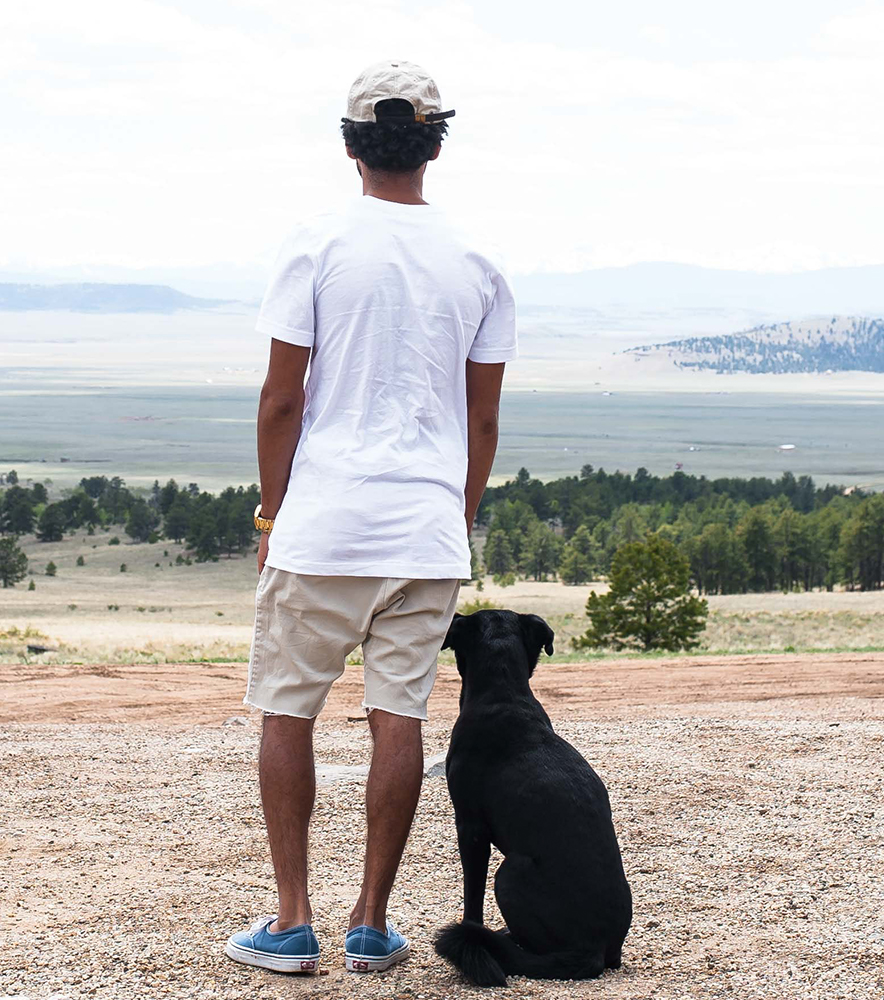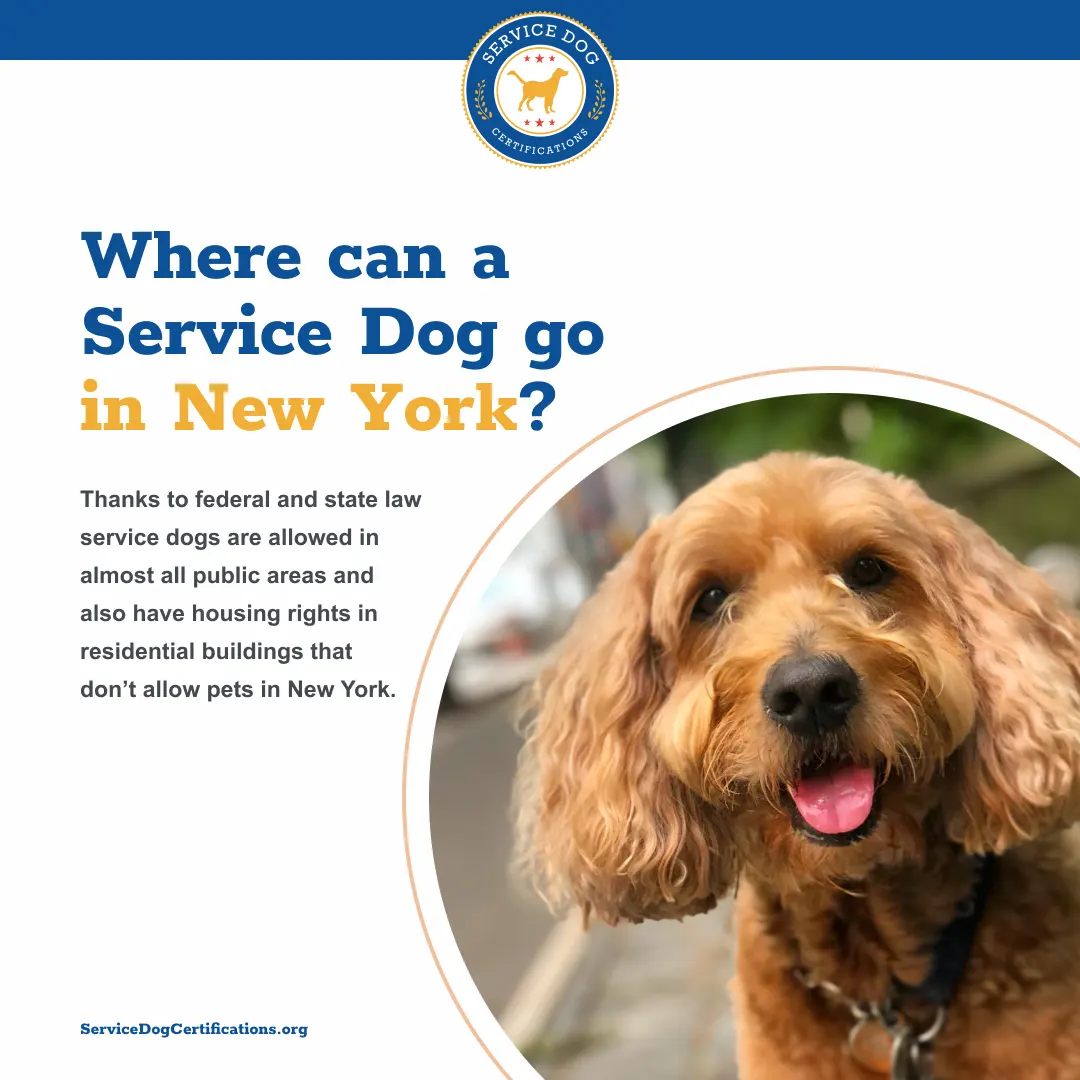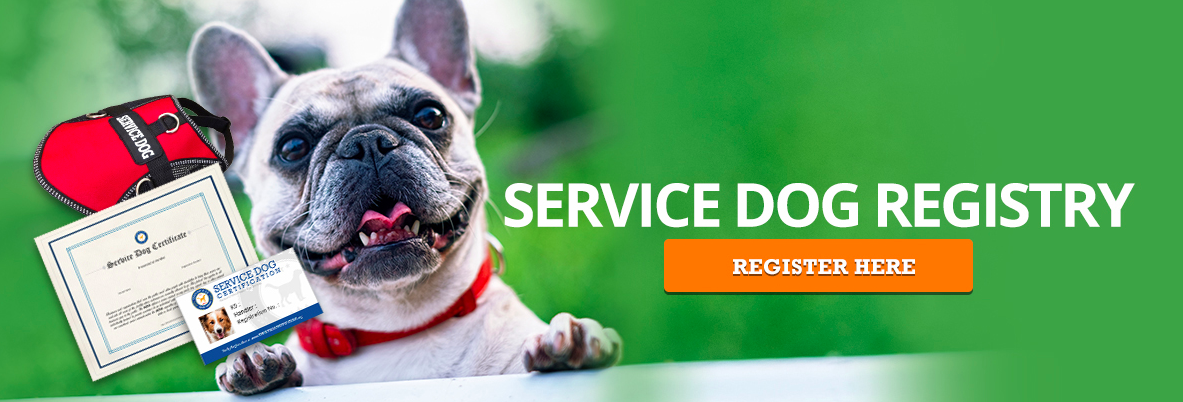Where Can a Service Dog Go in New York?

In New York, service dogs can go to many places that pets can’t. Service dogs are allowed in almost all public areas in New York, including:
- Restaurants and cafes
- Hotels and motels
- Public transportation (such as buses, subways, Ubers, and taxis)
- Theaters and cinemas
- Museums and art galleries
- Stores and shopping malls
- Hospitals and medical offices
- Parks and recreational areas
This means if you’re a resident of New York City, your service dog is welcome in places like the L Train, the MOMA, your favorite cafe in Brooklyn, and clothing shops in SoHo.
ServiceDogCertifications.org
Service dogs also have housing rights in residential buildings that don’t allow pets in New York. That includes rental complexes, co-ops, government-assisted housing, and condominiums.
There are, of course, some limitations. Places where the general public is not allowed for safety or health considerations are still off-limits to service dogs. For example, in a hospital, a service dog would be allowed in an examination room or lobby but not in an operating room or other sterile environments.
What gives service dogs public access rights in New York?
Service dogs are protected by both federal and state law in New York. Service dogs are an accommodation for people with physical and mental health disabilities. Service dogs used for mental illnesses are called psychiatric service dogs.
Under these laws, public establishments and landlords must allow service dogs to enter, even if there is a policy banning pets. They must also do so without charging any fees. That means a service dog is allowed to live in a no-pet residential building without having to pay a pet fee or deposit.
How can establishments verify a service dog in New York?
Stores, restaurants, and other public venues in New York are allowed to verify a service dog before allowing it to enter. And this can only be done with verbal confirmation.
Staff are allowed to ask service dog handlers two questions (and only if the handler’s disability is not obvious): 1. Is the dog a service dog required for a disability? and 2. What work or task has the service dog been trained to perform?
In New York, staff members and landlords cannot ask for documentation or require a service dog to wear a vest or ID tag. Most service dog owners, however, voluntarily use accessories like vets, tags, ID cards, or certificates to visually designate their service dog as a working animal.
These items make it convenient for service dog owners to convey to others that their dog is required for a medical or psychiatric condition. That can be especially helpful in areas where normal pets aren’t typically welcome.
About the Author: The writing team at Service Dog Certifications is made up of folks who really know their stuff when it comes to disability laws and assistance animals. Many of our writers and editors have service dogs themselves and share insights from their own experiences. All of us have a passion for disability rights and animals.
Related Articles

California Service Dog Requirements
In California, a service dog needs to be trained to perform at least one service dog task for a qualifying disability. If you meet those requirements, you can take your service dog almost anywhere with you throughout the Golden State. Californians are protected by both federal and state laws, including under the Americans with Disabilities […]

Read More

Texas Service Dog Laws
Individuals with disabilities whether they are physical or mental often feel isolated because it is harder for them to function in public; this is where service dogs come in. Service dogs provide individuals with disabilities the ability to have more freedom and go out in public without having to worry about what to do if […]

Read More

Colorado Service Dog Requirements
If you have a disability, you may qualify for a service dog. Colorado law aligns with federal guidelines. These guidelines allow a person with a disability to reside, travel, and perform their activities of daily living with a service dog. Colorado also takes the extra step to protect service dogs who are still in training […]

Read More



I receive chemo and immunotherapy. Is a service dog permitted when other human family members are not allowed?
Your doctor and the healthcare facility can advise on whether a dog is appropriate for the environment. Hospitals can limit service dogs in certain areas if they have valid concerns about health and hygiene.